Present Day Security Threats and Challenges for NATO
NATO is determined to fight against terrorism, observing its commitment towards Afghanistan, and to adapt its actions to hybrid threats

Corina Cristea, 22.11.2019, 14:39
NATO is determined to fight against terrorism, observing its commitment towards Afghanistan, and to adapt its actions to hybrid threats. These are just a few of the aims of the North Atlantic alliance, which will also be central topics for the summit taking place on December 3 and 4. Heads of state and government will be meeting in London in order to continue the process of adapting the alliance to threats and challenges in the present security environment. The meeting was prepared at a recent meeting of defense ministers in Brussels. Radio Romania correspondent in Brussels Amalia Bojescu described the meeting:
“The allies evaluated NATO’s risks and vulnerabilities, with emphasis on increasing national resilience and updating the civil telecom base, including 5G. This is important for the Alliance because future generation telecom will affect societies in terms of transportation, healthcare, and education, but also military activities. Discussion was focused on the training of allied forces that would provide them with fast response in case of conflict. One sensitive topic on the agenda was northeastern Syria. Even though there were some disagreements between allies regarding Turkey’s actions there, the conclusion was that the forces on the ground have to show restraint, and observe closely international humanitarian law.
Countering hybrid threats is also a priority for North Atlantic forces, a major topic for NATO being the Russian threat, in the context in which alliance officials stated last summer that they identified a number of cases of hybrid intervention from Russia in several European countries, such as Germany, France, or Switzerland. Here is political analyst Claudiu Degeratu:
“It is likely that in December we will have new initiatives from NATO to counter hybrid war. I also expect conceptual strategy changes, but I also expect operational initiatives. We are at a fairly advanced stage in terms of implementing NATO strategy in this area, and most likely in December we will have even more interesting aspects brought up. It would be the best moment for the alliance to run a review of the efforts against hybrid aggression in the last two years.
One very important aspect is the equitable distribution of responsibility. From this perspective, defense budgets are under added scrutiny. We asked Claudiu Degeratu, political and military analyst, to tell us how he expects the allies to tackle this issue at the meeting next month:
“I don’t expect any surprising or spectacular developments in this area. I believe heads of state will continue to support the figure of 2% as a target. We will likely have a further advancement of the total sum of the budgets, and there will be support for this commitment, which was made in Wales in 2014. The problems is related to adaptation, to how we turn this commitment to a higher budget for defense into a qualitative step within the alliance. We are interested in the eastern border of NATO, to see how this defense spending translates into better protection for the eastern and southern borders, and into developing new strategic capabilities that NATO has at its disposal.
The EU is the other entity closely concerned by the present security environment. Recently, EU defense ministers greenlighted 13 new projects within PESCO, the Permanent Structured Cooperation, in the area of security and defense. 47 projects have been approved in total so far within PESCO, which is an EU security initiative set up in 2017 in order to overcome defense fragmentation and reduce dependence on the US. One of the projects, the anti-submarine drone program launched by France, Portugal, Spain, and Sweden, will use high end technology and AI for anti-submarine warfare. The EU also wants to set up a cyber-academy and an innovation hub for training manpower with technology expertise, run by Spain and Portugal. Poland and Hungary will start setting up a medical center for assistance to European special forces. Even though 22 EU states are also NATO members, the European bloc hopes to launch in 2021 a fund worth several billion Euro to design and build new maritime and ground weaponry.






























